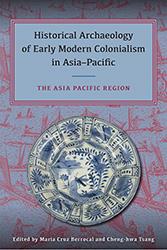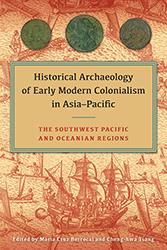This book explores the sociopolitical contexts of heritage landscapes, paying special attention to sites with deep Indigenous histories—Uluru-Kata Tjuta National Park and the Burrup Peninsula along the Pilbara Coast in Australia, the Altai Mountains of northwestern Mongolia, and Prince William Sound in Alaska. For many communities, landscapes such as these have long been associated with cultural identity and memories of important and difficult events, as well as political struggles related to nation-state boundaries, sovereignty, and knowledge claims.











